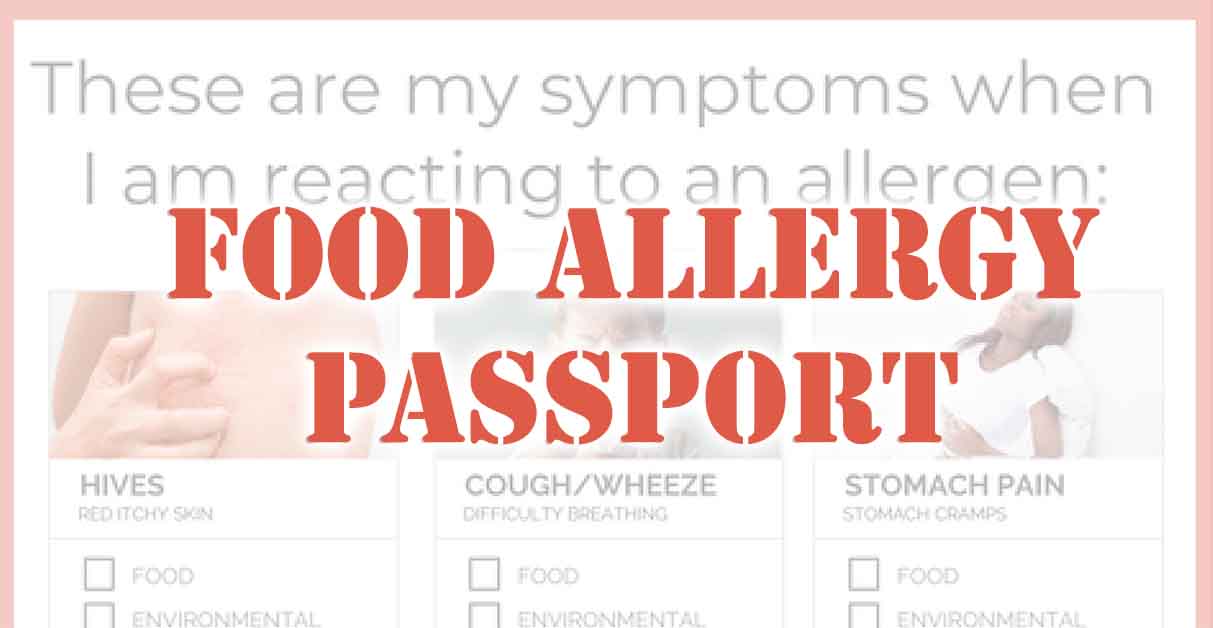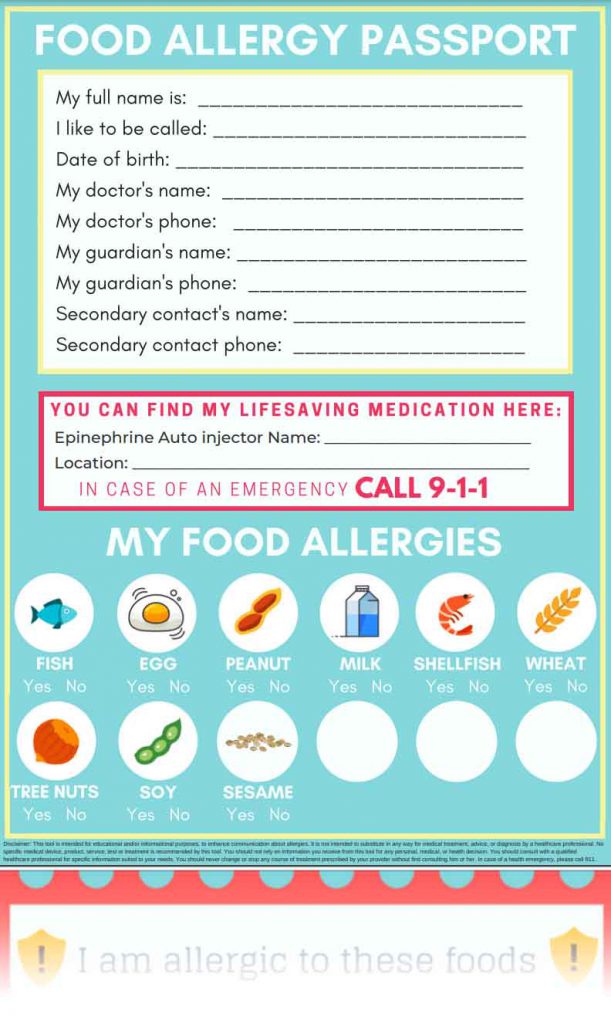An article published in The Journal of Allergy and Clinical Immunology: In Practice describes a study of two support tools that help bolster caregiver confidence and boost the quality of life for families.
The Food Allergy Passport was originally developed for families insured by Medicaid, but there is significant value for all families of young children.
Caregivers from 45 families of children with food allergies insured by Illinois Medicaid were recruited from two Chicago-based allergy clinics. They first completed a pretest evaluating knowledge, attitudes, beliefs, and practices regarding food allergy management. A clinician then guided the caregivers through completing the Passport. 41 caregivers complete all 3 phases.
The caregivers then completed a post-test immediately afterward and again 3 months later.
The researchers found the Passport:
- improved caregiver-reported confidence with epinephrine auto-injector use from 69% to 93%;
- improved caregiver recognition of anaphylaxis from 66% to 73%;
- nearly doubled caregiver comfort in leaving their child in the care of other from 40% to 75%;
Caregivers rated the FA Passport tool as extremely helpful overall (9.4 out of 10).
The researchers concluded the Food Allergy Passport is a novel clinical support tool that addresses barriers to proper Food Allergy management. It proved effective at improving caregiver comfort with regarding leaving the food-allergic children with other caregivers, increasing FA knowledge, and improving the quality of life in families affected by FA.
We advise all families of young children with food allergies to access the Food Allergy Passport and the accompanying Food Allergy Workbook.






